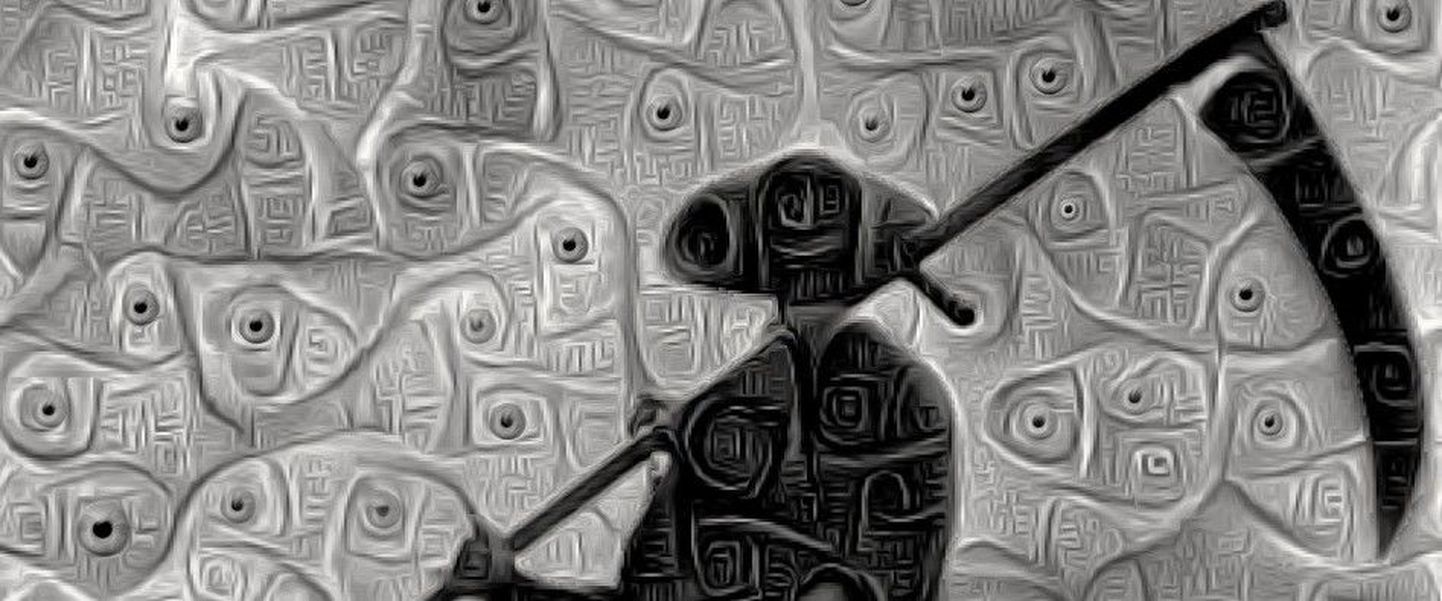Raul Pint (47) is an international man. Not limited to the panama link, his residences feature Budapest and Prague.
Also, the enterprises come with new names strictly international: in Czech, Polish, Spanish, Serbo-Croatian. At first glance, the names have nothing to do with activity of the company. At times, they look like random pairs of words from a sewing machine manual.
As indeed acknowledged by Mr Pint, he is being inspired by Eastern-European languages and the new business names mean not much.
«The trick is we are releasing business names,» he said. «A while back, about ten years back, we were talking about that with several people that it was terribly difficult to find a normal business name. It kind of stuck with me. As an act of charity, we are simply releasing business names in Estonian or English, replacing them with such as nobody needs.»
For some of the enterprises, the new owner in Panama has also nominated an international board. Board members feature people like Stanka Mircheva living in Croatia, Taku Akaike (Mongolia), Popa Kornelia (Romania) and Yalniz Asir (Turkey). More frequently, however, it is Mr Pint personally who sits at board of companies under liquidation.
For the most part, the companies are owned by Transatlantic International Brokers Corp (TIBC). According to documents, TIBC is based in the office of a business consultancy similar to the Panama-scandalised Mossack Fonseca named Mata & Pitti, at Ricardo Arias St, Panama City.

/nginx/o/2016/01/05/4853315t1h2ae9.jpg)
